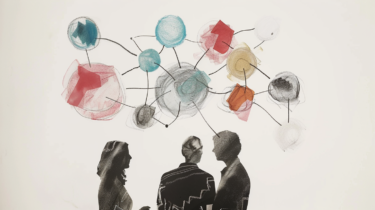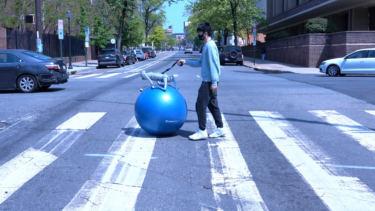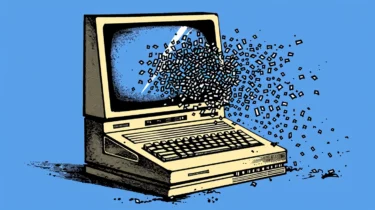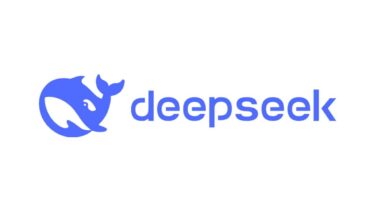Short
Microsoft is pouring its next billions into generative AI. The company is investing $3.3 billion in a cloud and AI data center, as well as an AI innovation lab in Wisconsin. The goal is to make AI more accessible and create new business opportunities, said CEO Satya Nadella. Microsoft Vice President Brad Smith announced plans to work with local partners to train more than 100,000 people in AI skills. In addition, Microsoft is establishing the nation's first AI innovation lab focused on manufacturing at the University of Wisconsin-Milwaukee. This investment comes on the heels of billions of dollars in AI infrastructure investments in Germany, Spain, Southeast Asia and Japan, totaling approximately $12 billion.








